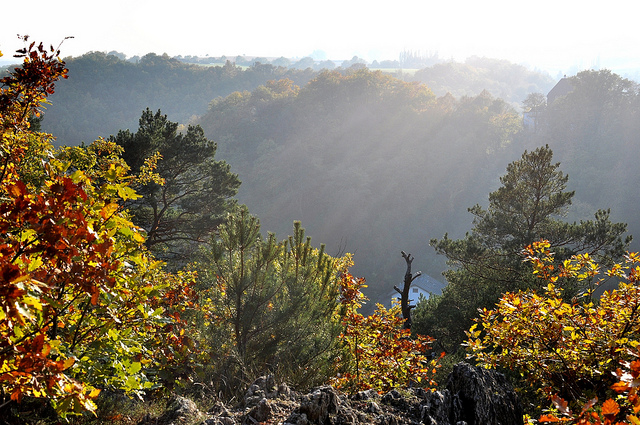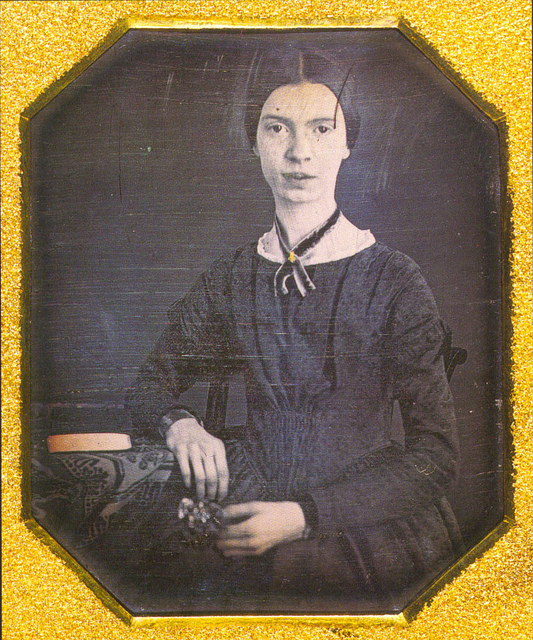In the early 19th century, transcendentalism, a philosophical movement that got its start in Massachusetts, offered a cultural alternative to American materialism. The group of individuals in the Transcendental Club placed importance on simple living, intellect and intelligent conversations. Members included writer such as Ralf Waldo Emerson, Margaret Fuller, Louisa May Alcott, Walt Whitman and Henry David Thoreau. They wrote in a manner that was distinctly different from anything that ever came out of Europe. Their philosophy was simple: All people equally have knowledge about themselves and their world that goes beyond, or transcends, what they can hear, see, feel or taste. By understanding more about the movement, you will gain a better appreciation for the works that came out of the movement.
Facts about Transcendentalist Poetry
The source of knowledge: Transcendentalists believed that the imagination, contemplation of the internal spirit, and intuition were the sources of knowledge, as opposed to empirical sources or logic, because individuals can trust themselves to know what is right. These ideas were not necessarily religious beliefs, but ways of understanding life and relationships.
Roots in Immanuel Kant: The roots of transcendental philosophies, which provided a new way to understand knowledge and truth, trace back to Immanuel Kant’s teachings. The great German thinker often focused on what one could never know for sure. He stated that one had the ability to determine if something was true or false and use the knowledge to shape their view of the world. He encouraged skepticism among scientific advances, as science cannot answer all questions.
Connected to the universe: Transcendentalists believed that just as all individuals are in the universe, each person has the universe in his or her soul. The inside of a person’s soul mirrors their environment, and vice versa. For example, if you feel happy, the sun shining in the sky reflects your mood. When it starts to rain, you might feel sad.
Non-conformity: Transcendentalism largely focuses on individualism. The followers believed that unhappiness stemmed from trying to conform to social pressures. The only way to find true happiness is to pursue your own path because you are the only one who truly knows yourself.
Focus on nature: Transcendentalists feared that industrialism distracted individuals from nature. To them, nature was the only place in which they could be themselves, and therefore understand themselves, because nature doesn’t apply social pressures or standards. Because nature doesn’t judge, it is the one place where an individual is most free. This focus on nature influenced conservationists who later fought to establish national parks and other natural areas.
Through their words, transcendental poets paved the way for seeing the American experiment as one that involved self-reliance and individualism. Their progressive, liberal ideas started discussions about abolition, women’s right, equality for all, education and reform. They created a new awareness that drove an American Renaissance about a decade before the Civil War. While the movement didn’t last long, the ideas generated revived American literature and fueled minds for decades.


